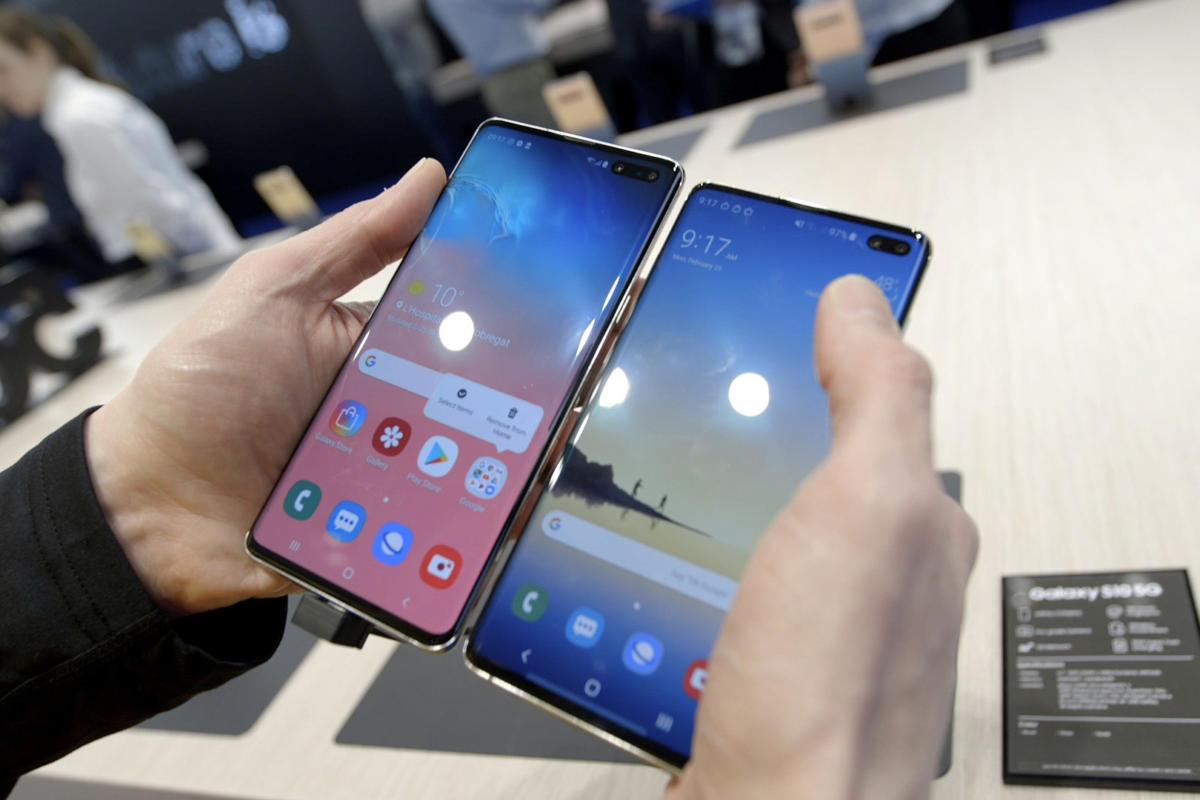What was shaping up to be a lengthy battle between Apple, Qualcomm, and Intel over the future of wireless communication ended suddenly Tuesday with two shocking pieces of news: Apple and Qualcomm settled their long-standing legal fight and Intel abruptly announced it was abandoning its plans to make a 5G smartphone modem.
In the short release, Intel said it will also “complete an assessment of the opportunities for 4G and 5G modems in PCs, internet of things devices and other data-centric devices.” The decision does not affect Intel’s 5G network infrastructure business, which the company says it will continue to invest in.
“5G continues to be a strategic priority across Intel, and our team has developed a valuable portfolio of wireless products and intellectual property,” said Intel CEO Bob Swan. “We are assessing our options to realize the value we have created, including the opportunities in a wide variety of data-centric platforms and devices in a 5G world.”
Why this matters: Intel’s departure from the 5G smartphone modem business is certainly sudden, but it’s not all that surprising. Reports have indicated that Intel was struggling to develop a 5G modem that met phone makers’ size and power demands. Meanwhile, Qualcomm has already announced its second-generation X55 5G modem capable of hitting speeds of up to 7GBps, as well as an integrated option for Snapdragon-based Android phones. Intel was lagging seriously behind, and it seems as though it simply decided to cut its losses.
Full speed ahead
The move basically guarantees the first round of 5G smartphones will all have Qualcomm modems inside them. Qualcomm had already secured the Galaxy S10 5G, LG V50 ThinQ, and other early 5G phones with its X50 modem-Snapdragon 855 tandem. Only the iPhone was very much in doubt. Apple is already using Intel modems in its iPhone XS and XR phones, and the assumption was that it would continue to partner with Intel for the first 5G iPhones, which are rumored to arrive in 2020.

The terms of the agreement between Apple and Qualcomm outline a six-year licensing agreement with a multi-year chipset deal, so it’s likely that Apple will be using Qualcomm modems in the iPhone for the foreseeable future.
With its biggest would-be competitor out of the game, Qualcomm doesn’t have too many obstacles to 5G dominance. The only other major companies with its fingers in the 5G modem pie are Huawei and Samsung. Given increasing scrutiny from the U.S. government, it seems unlikely that Apple or any other U.S. smartphone maker would consider a deal with the China-based Huawei. Samsung’s 5G modem is part of its Exynos chipset, which is reserved for overseas phones.
What remains to be seen is whether Intel sells any of its 5G intellectual property. An auction would certainly attract Apple and Qualcomm as serious bidders, but other companies such as Samsung and Google could also get in on it. Intel hasn’t given any indication that it would consider selling its patents or IP, but will provide additional details on its 5G plans during its first-quarter 2019 earnings release and conference call, scheduled for April 25.
